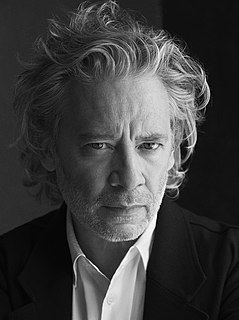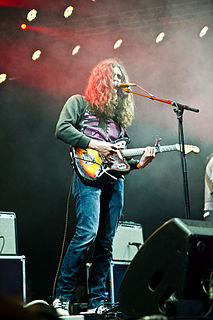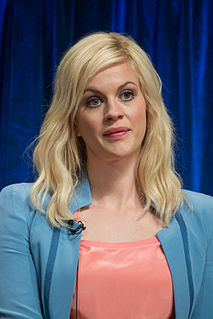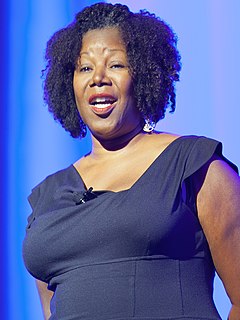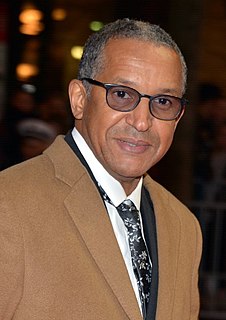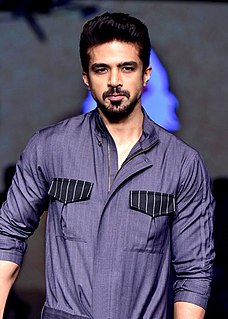A Quote by Lee Unkrich
When I was around 12 or so, I saw 'The Shining.' I just remember that being a turning point for me, where I started to think about the fact that there was a hand behind the film. That it wasn't just this magical story being told - there were actual people crafting these films, and they were works of art.
Related Quotes
I got a chance to get an actual label. I performed this slow song, this ballad I have. I just remember going to the first woman I saw in the room and just getting on my knees holding her hand just singing. And I was like, you know what, I got to just sell it. I remember that day they were like, yo we want to sign you. [After] I went into the bathroom, I started crying, [and] I called my mom. I was like momma – I did it.
There were a few verses that I wrote literally on the spot. But the concept was there. It's about being in your own world musically and waking up in the morning and walking outside and being consumed by everything around you. Just being aware of the good things in art and music and life. It's also about how the world is at a boiling point, in a way.
We were always told we were one step behind Deep Purple, one step behind Led Zeppelin, one step behind everybody. Our manager didn't want to let us know how popular we were. It's only after we did Ozzfest that people started telling me stuff. I thought they were taking the piss. People would come up to me and go, "Respect."
In a long story like 'Weathercraft,' it becomes kind of convoluted. It can become perhaps difficult to remember what led up to whatever point you're at. I worried a little bit about people being able to keep the shape of the story in their heads while they were reading it, and not wonder how they got wherever they were.
I think being raised within a Mexican Catholic family made magical realism a very natural part of who I am as a person and as a writer. My parents always told us great stories that often had magical elements and roots within Mexican folklore. Also, I remember my father reading a book to me, when I was very young, about the lives of saints. Those were crazy scary stories! Maybe he was trying to scare me into being a good person. In the end, magical realism offers me untethered freedom to explore human frailty and the way we clumsily cobble together our lives on this strange planet.
I was always told that films were evil and such, but I started to realise what a load of crap it was that something this good should be forbidden. I had been allowed to read as much as I wanted when I was younger, so I recognised great art when I saw it; I just didn't realise it would be at the cinema as well.
I don't think that there's a target audience at all. These stories were in circulation. The stories were told by men, told in the marketplace by men, but also behind doors by women, but there's no real record of this. It's likely they were told by women to children in their interior rooms. The story could be a negative story, they could be presented as a, "Watch out! Women will get round you, do things to you, weave you in their toils." It could be buried in it an old cautionary story about women and their wiles.
I remembered this one time that I never told anybody about. The time we were walking. Just the three of us. I was in the middle. I don't remember where we were walking to or where we were walking from. I just remember the season. I just remember walking between them and feeling for the first time that I belonged somewhere

